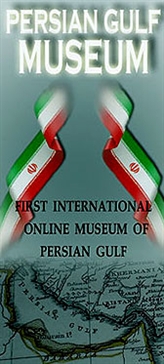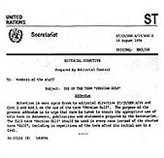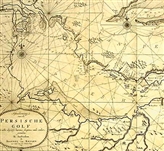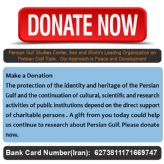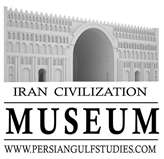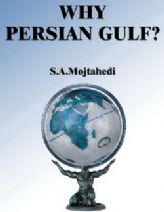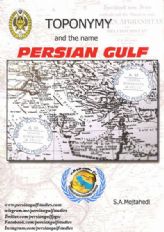The Saudi Monarchy May Have Killed a Free Man
Date: 10/10/2018 11:07:47 AM
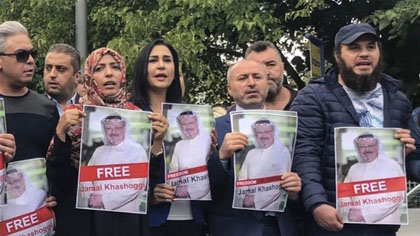
The Saudi Monarchy May Have Killed a Free Man
by Doug Bandow Follow Doug_Bandow on TwitterL
Despite rumors of impending religious liberalization, so far the KSA sits atop the world, alongside North Korea, as a leading persecutor. Even Iran allows churches, temples, and synagogues to operate. But not Saudi Arabia. Even foreigners who gather in homes to worship face arrest. Years of financing fundamentalist Wahhabism around the globe have encouraged intolerance, hostility, and hatred of non-Muslims. Shiites also are a persecuted minority in the KSA, even facing death for protesting their discriminatory status.
With such a dreadful record, the Saudi royals have become a bit, shall we say, touchy about criticism of their behavior. After the Canadian government urged release of women’s rights activists, Riyadh expelled Canada’s ambassador, dropped pending contracts in Canada, and withdrew students from Canadian universities. The KSA also demanded an apology for having pointed out its crimes. The KSA similarly targeted Sweden and Germany for equally modest comments on the repressive royals.
That MbS does not employ violence against his international critics reflects lack of reach, not ambition. His foreign policy is both brutal and reckless. For instance, last year the Saudi government essentially kidnapped visiting Lebanese prime minister Saad Harari, a Sunni long allied with Riyadh, and forced him to announce his resignation. The resulting international furor caused his release, after which he returned to his duties.
Angry with Qatar for providing sanctuary for critics of the KSA, Riyadh (along with the United Arab Emirates) launched a campaign to isolate Doha. The terror-friendly Saudi government, home to fifteen of nineteen 9/11 hijackers and financier of Islamic fundamentalism worldwide, present its action as an attack on terrorism. However, MbS was most irritated with Qatar-funded Al Jazeera, which criticized the Saudi royals. The KSA planned to invade its small neighbor, backing away only under U.S. pressure and Turkish intervention.
In 2015 the Saudis launched an aggressive war against Yemen to restore to power the pliable Abdu Rabbu Mansour Hadi, who had been ousted in the latest iteration of decades of civil war and internal strife. An expected two-week war stretched into more than three years, with thousands of Yemeni civilians killed by Saudi airstrikes. The Saudis (and Emiratis) underwrote Islamic radicals in the fight against Houthi rebels. Iran took advantage of Riyadh’s bloody overreach to support the opposition, bleeding the KSA.
Saudi Arabia also backed the repressive el-Sisi government and Khalifa monarchy in Egypt and Bahrain, respectively. Riyadh even sent troops to help the latter suppress the Shia majority, which sought democratic freedoms from their Sunni overlords. Moreover, the KSA funded the most radical insurgents in Syria, largely abandoning the fight against the Islamic State in favor of its ill-fated Yemeni campaign. Riyadh has become the most brutal, destabilizing force in the Persian Gulf.
These policies are undermining MbS’s professed commitment to economic reform. Wealthy Saudis have been running for the exits with their cash and foreigners have stopped investing. Last year the KSA received less foreign direct investment than politically and economically unstable Jordan and oil-poor Oman. Instead of forging a reputation as a decisive leader, the crown prince increasingly looks like “an impulsive authoritarian, prone to temper tantrums and flights of irrational decisionmaking,” in the words of John Hannah, senior counselor for the Foundation for Defense of Democracies.However, President Donald Trump appeared to fall under MbS’s influence after visiting Riyadh last year, where the president received a royal welcome—even awkwardly joining the “sword dance” and peering into the orb, called the “eye of Sauron” by some wits, at the “anti-terrorism” center. The crown prince recently said of Trump: “I love working with him. I really like working with him and we have achieved a lot in the Middle East.”
What is there for the crown prince not to like? The United States has armed him and given him a blank check to run amok in the Mideast. Moreover, the administration’s proposed “Arab NATO” would cement Saudi domination, forcing the three independent Gulf States, Qatar, Oman, and Kuwait, into Riyadh’s orbit. And the administration, so vocal about Iran’s human-rights violations, has said nothing about the far more tyrannical regime in Saudi Arabia.
President Trump, who recently expressed his “love” for MbS, cynically sold U.S. policy to Riyadh. The president recently urged Riyadh to purchase even more weapons and push down oil prices, in recompense for America’s campaign against Tehran, the KSA’s only serious regional rival. In this way the administration sold its soul to the Saudi royals.But now the crown prince looks like a common murderer. Khashoggi’s apparent killing should be a step too far even for Washington. If Iran committed such an act, then the administration would lead an angry global chorus against the Islamist regime. The United States should do the same against Riyadh.
Jamal Khashoggi was both good and brave, committed to a freer Saudi Arabia. That MbS and his confederates would kill such a man tells Americans all they need to know about their nominal ally. The Trump administration should loosen its embrace of a regime so antithetical to America’s most basic values and interests.
